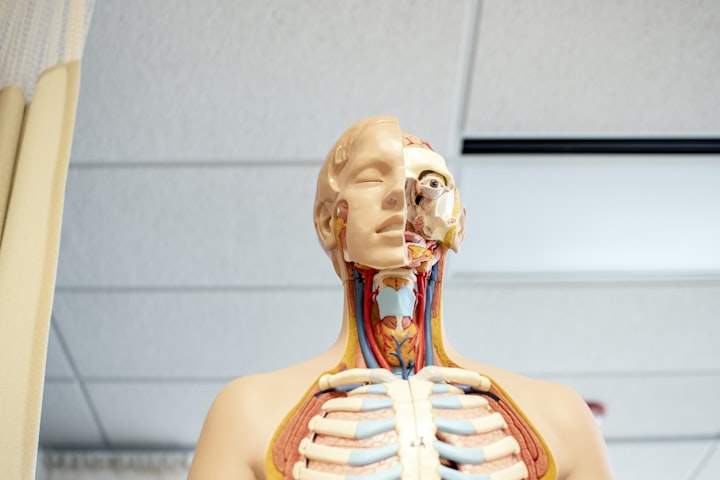How to get rid of heartburn
heartburn treatment
Heartburn, also known as acid reflux, is a common digestive issue that can cause discomfort and pain in the chest and throat. It occurs when the muscle at the bottom of the esophagus, known as the lower esophageal sphincter, fails to close properly, allowing stomach acid to flow back up into the esophagus. In this article, we will discuss how to get rid of heartburn, including its causes, symptoms, and treatment options.
Symptoms of heartburn may include a burning sensation in the chest or throat, a sour or bitter taste in the mouth, difficulty swallowing, and a feeling of food sticking in the throat. These symptoms can be exacerbated by certain factors, such as eating large meals, lying down immediately after eating, consuming spicy or fatty foods, or drinking alcohol or caffeine.
One of the most effective ways to get rid of heartburn is through lifestyle changes and dietary modifications. According to a review published in the Journal of Gastroenterology and Hepatology, avoiding trigger foods and beverages, eating smaller, more frequent meals, and staying upright for at least three hours after eating can all help to reduce the frequency and severity of heartburn symptoms.
In addition, certain over-the-counter medications can provide relief from heartburn symptoms. Antacids such as Tums or Rolaids work by neutralizing stomach acid, while H2 blockers such as Pepcid or Zantac reduce the amount of acid produced by the stomach. Proton pump inhibitors (PPIs) such as Prilosec or Nexium can also be effective in reducing acid production, although they should be used with caution and under the supervision of a healthcare provider.
For those who prefer natural remedies, several options may provide relief from heartburn symptoms. Ginger, for example, has anti-inflammatory properties that can help to soothe the digestive tract, while chamomile tea has a calming effect on the stomach. Apple cider vinegar, although acidic in nature, may also help to neutralize stomach acid when consumed in small amounts.
It is important to note, however, that natural remedies should not replace medical treatment for severe or chronic heartburn symptoms. In addition, some natural remedies may have interactions with certain medications or health conditions, so it is important to speak with a healthcare provider before trying any new remedies.
In summary, heartburn is a common digestive issue that can cause discomfort and pain in the chest and throat. Lifestyle changes, dietary modifications, and over-the-counter medications can all help to manage and prevent heartburn symptoms. Natural remedies may also provide relief, but should not replace medical treatment for severe or chronic symptoms. It is important to speak with a healthcare provider to determine the best course of treatment for each individual case.
Holistic treatment options for heartburn may include:
Mindfulness techniques: Practicing meditation, deep breathing, or yoga can help to reduce stress and anxiety, which can be triggers for heartburn.
Herbal remedies: Certain herbs such as slippery elm, licorice, and marshmallow root may help to soothe the digestive tract and reduce inflammation.
Probiotics: Consuming foods or supplements containing probiotics can help to balance the gut microbiome, which can improve digestion and reduce heartburn symptoms.
Aloe vera: Aloe vera juice may have anti-inflammatory properties that can help to reduce irritation in the esophagus and stomach.
Dietary changes: Eliminating trigger foods such as spicy or fatty foods, alcohol, and caffeine, and incorporating more whole foods, fiber, and water into the diet can help to prevent heartburn symptoms.
It is important to note that while holistic treatments can be effective in managing heartburn symptoms, they should not replace medical treatment for severe or chronic symptoms. It is important to speak with a healthcare provider to determine the best course of treatment for each individual case.
References:
Katz PO, Gerson LB, Vela MF. Guidelines for the diagnosis and management of gastroesophageal reflux disease. Am J Gastroenterol. 2013;108(3):308-328. doi:10.1038/ajg.2012.444
Kahrilas PJ, Shaheen NJ, Vaezi MF, et al. American Gastroenterological Association Institute technical review on the management of gastroesophageal reflux disease. Gastroenterology. 2008;135(4):1392-1413, 1413.e1-5. doi:10.1053/j.gastro.2008.08.045
National Institute of Diabetes and Digestive and Kidney Diseases. (2014). Heartburn, gastroesophageal reflux (GER), and gastroesophageal reflux disease (GERD). Retrieved from https://www.niddk.nih.gov/health-information/digestive-diseases/acid-reflux-ger-gerd-ad







Comments
There are no comments for this story
Be the first to respond and start the conversation.